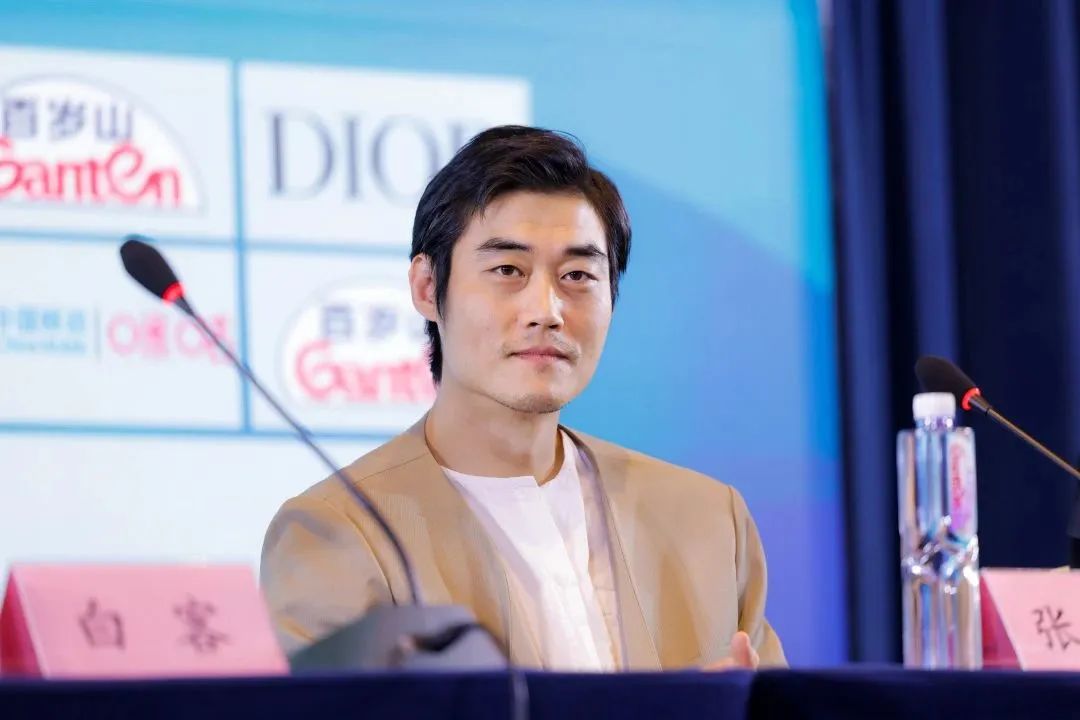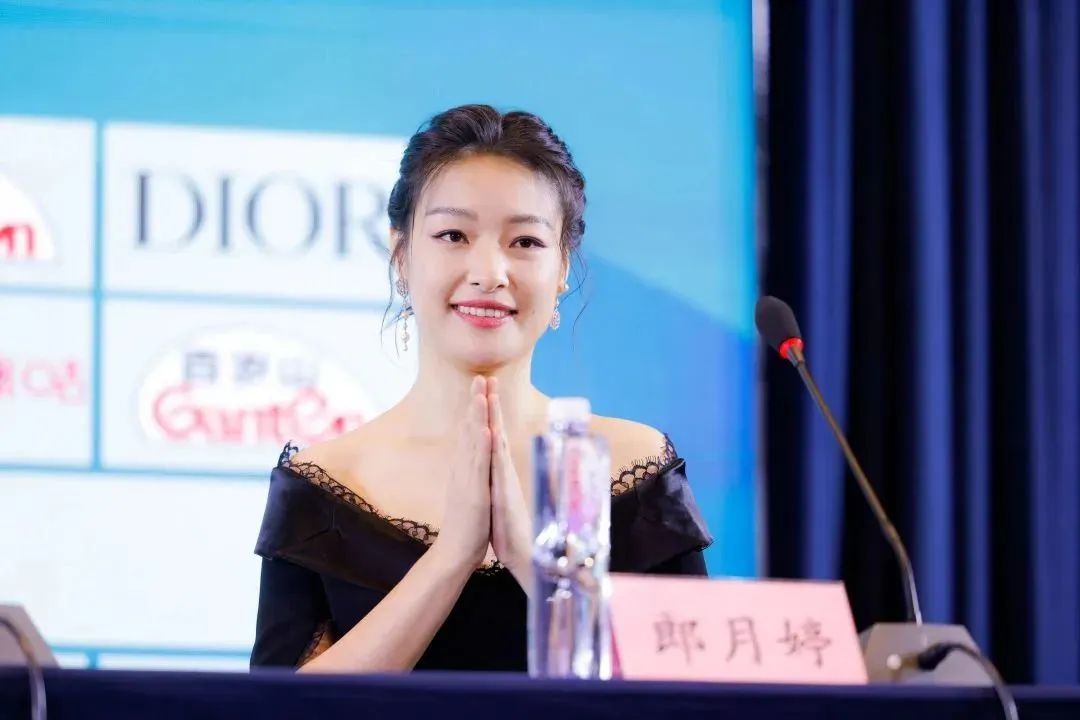Entry for Golden Goblet Awards|GOOD AUTUMN, MOMMY: Understanding Women's Turmoil and Speaking Up for Them
GOOD AUTUMN, MOMMY, written and directed by the young director Chen Shizhong, starring Shu Qi and Bai Ke, was shortlisted for the main competition of the Golden Goblet Awards at this year’s Shanghai International Film Festival. In the film, after her daughter goes missing in an accident, Chen Fengdi, played by Shu Qi, still sets out bravely to find her true self and gradually overcomes her difficulties in spite of family doubts and societal biases. On June 14, members of the cast and crew of GOOD AUTUMN, MOMMY appeared together at a press conference. Producer Dun He and director Chen Shizhong mentioned the importance of creating a film that advocates for women by exploring feminine themes. This was the first collaboration between Shu Qi, Bai Ke and other leading actors with a young director born in the ‘90s, and they praised him for his passion and creativity.
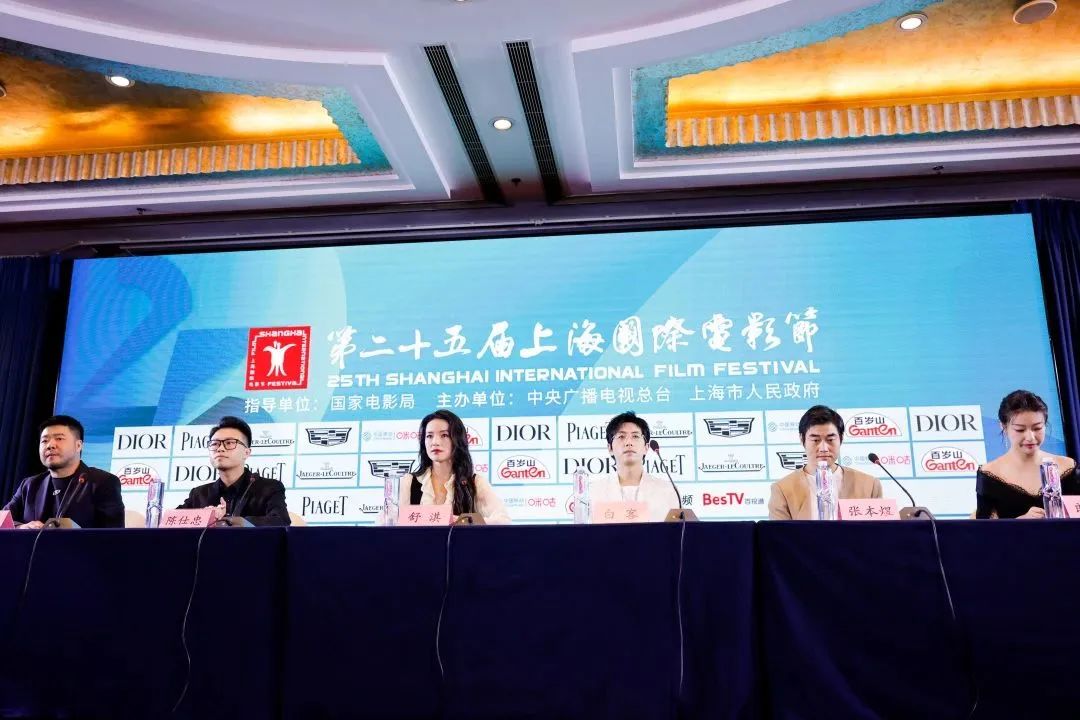
A new director who sheds light on women’s growth
GOOD AUTUMN, MOMMY starts from the perspective of a rural woman, and accurately captures the real challenges faced by women in traditional Chinese family dynamics. It's worth mentioning that this film is the only debut work by a young director in the main competition at this year's Golden Goblet Awards, and also the only movie focusing on women among the three Chinese-language films shortlisted. Director Chen Shizhong, a newcomer born in 1994, stated that 'fate works in mysterious ways' in response to his debut work being shortlisted for the main competition at the Golden Goblet Awards. He said, "The first draft of the screenplay was written in Shanghai, where I met Shu Qi for the first time, and the film is set to be screened to the public for the first time in Shanghai as well."

In the film, Shu Qi bravely takes on the role of a rural mother who finds hope and strength during the process of searching for her missing child. As a young director, Chen Shizhong chose to focus on a feminine theme for his debut feature film. He believes that "gender is not a barrier" and said, "In fact, all of the characters in the film can be found in the environment where I grew up. Men should try to understand women, acknowledge their struggles, and find their own way to support them by speaking up."
For GOOD AUTUMN, MOMMY, the director did not choose an open ending, but opted to show a little girl who resembles Shu Qi, eight years after the main plot. This seems to have weakened the original dramatic conflict, but Chen Shizhong insisted on using this shot to console the audience, "Actually, the audience's feelings mean a lot to me, so the ending can't be too harsh. I hope everyone to let out their emotions. This little girl may or may not be Shu Qi's daughter. It’s up to the audience to decide if the ending is happy or heart-wrenching."
An adventure with the young director
Shu Qi, who has not been in a film for four years, has changed her fashionable and beautiful image this time, playing the role of a rural woman in a southern China town, showing another kind of resolute and simple feminist beauty. After watching the film, many viewers are full of praise for Shu Qi's acting. Shu Qi had hesitation in choosing to cooperate with a new director born in the ‘90s, until the producer Dun He showed her a 5-minute short film directed by Chen Shizhong, which “ignited” Shu Qi's enthusiasm at once. "After watching the short film, I became very interested in the director. I was very curious about how a young director would deal with this realistic subject. I saw his vitality and different ideas as a young director and he has finally presented a very magical and young countryside."
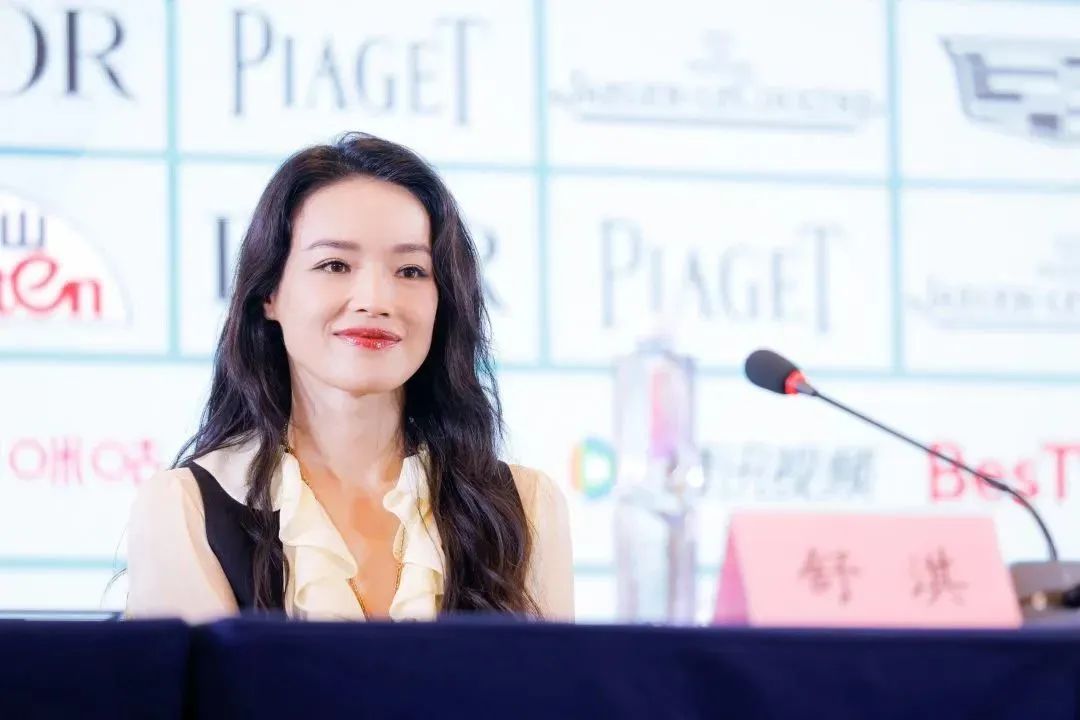
In recent years, young directors have attracted more and more attention as an emerging force. Dun He, the producer of the film, has also been committed to supporting young filmmakers. In addition to GOOD AUTUMN, MOMMY, which was shortlisted for the main competition of the festival, ABSENCE, which he was the producer of, also won the Media Choice Award for Film at the Belt and Road Film Week. Speaking of the reason why he chose to go on the adventure with the new director, Dun He said it is the unique imprint of the times him that he was interested in, "Their voice is much needed for the market, so I am willing to take risks with the new director."
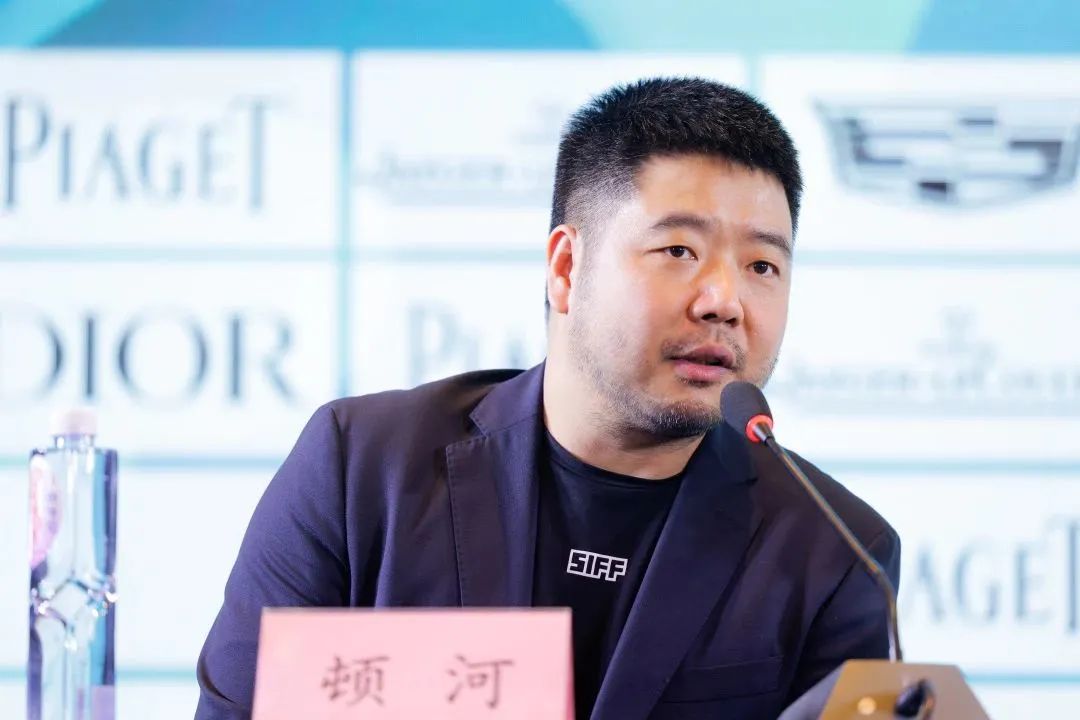
Intense discussions between actors and the new director
For Shu Qi to play Chen Fengdi, a village woman, the contrast in appearance alone was a huge challenge. And her first time working with a new director was not without a collision of ideas, "I have been in the industry for so many years, and my understanding of the acting process is that it has a rhythm and is a progressive journey, just like going up the stairs step by step. But in this movie, the director wanted me to jump straight down the stairs in one step.” As a result, Shu Qi and the director often quarreled during filming due to their different ideas. It got to the point that sometimes Shu Qi didn’t even want to talk to the director. But in the end, she gave way to the director's approach, "This is also a challenge. Acting in different movies requires different approaches to performance."
In the film, Bai Ke plays Shu Qi's husband, Gan Yaozu, hardworking and capable, a father, husband, and son all at once, running around to make both ends meet for the family. "This character is very similar to me and my dad. He is not very expressive, but he is a family man. Although their life seems plain, the relationship between the husband and wife are much in love and would go through thick and thin together.”
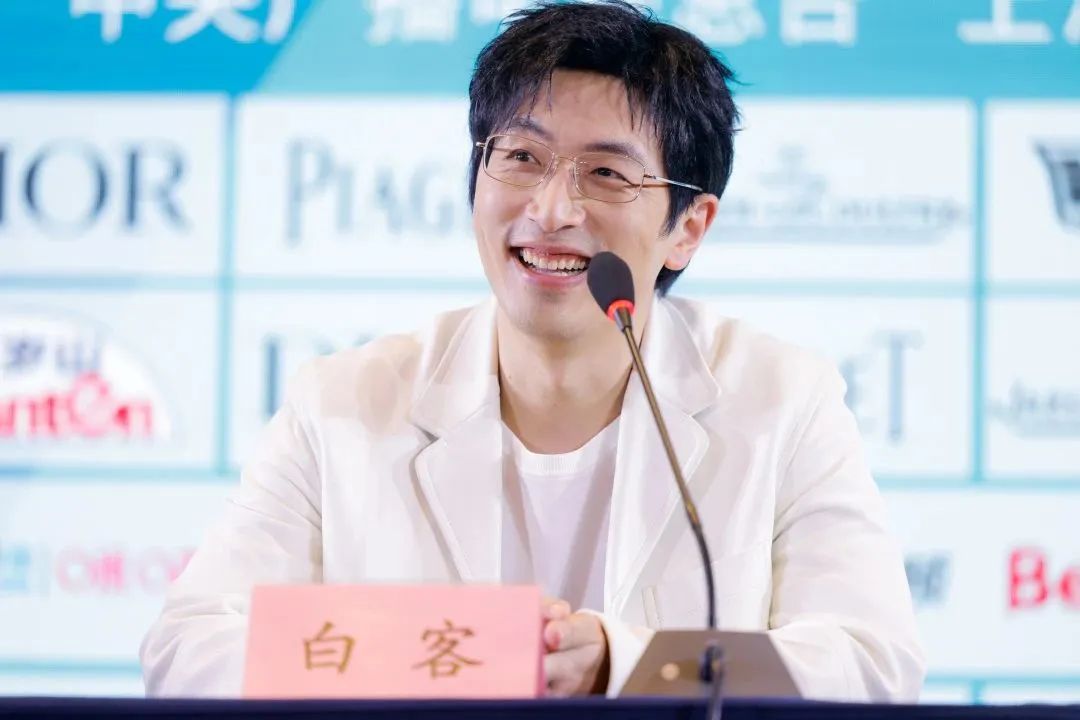
Zhang Benyu and Lang Yueting play another rural couple in the film. Zhang Benyu is very satisfied with the image of the husband in the film. "Life should be like this. It’s lucky to be married to such a wife." Lang Yueting said that what is most attractive to her about the role is that “She doesn’t show much, but is actually very thoughtful."
